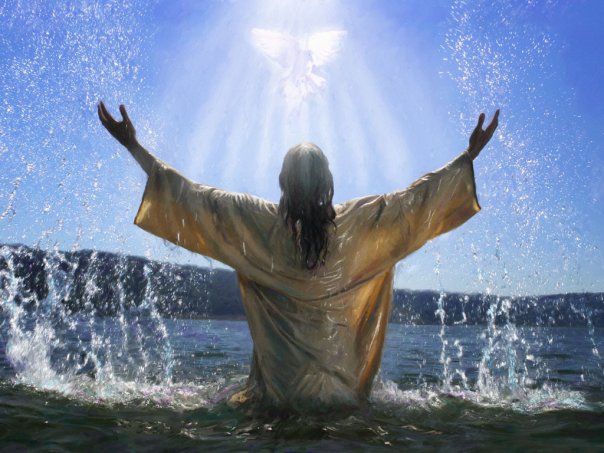John the evangelist carefully distinguishes between the role of St. John the Baptist as the precursor of Christ, and Christ as the Divine Person who was sent by the Father to enlighten and thus redeem the world. As important as John the Baptist was in identifying Jesus as the promised Redeemer, he was not the Redeemer. His task was to bear witness to the Light who is the Word of God come in to the world to enlighten the human race and thus enable sinful man to be saved.
It is surely remarkable that in less than three verses, the evangelist identifies Jesus Christ as the Light. In the language of Scripture, light corresponds to knowledge. We have eyes in order to see with our bodies; we have a mind to see with our souls. But having bodily eyes is not enough to see; there must also be light to be able to perceive material things. So too it is not enough to have a mind with which we can know; there must also be the supernatural light of divine grace to enable us to understand what our minds are told.
As the fourth Gospel is at such pains to explain, Christ is both the Truth that we must know and the Light which enables us to see the truth. That is why God became man: both to teach us what we need to know in order to reach our eternal destiny, and give us the means of understanding what the God-man has revealed.

